FIA considers V10 engines for 2028 amid hybrid doubts
Formula 1 may abandon its planned 2026 hybrid regulations in favor of a return to V10 engines by 2028, according to reports. The potential shift highlights growing concerns about F1's technical direction among manufacturers.
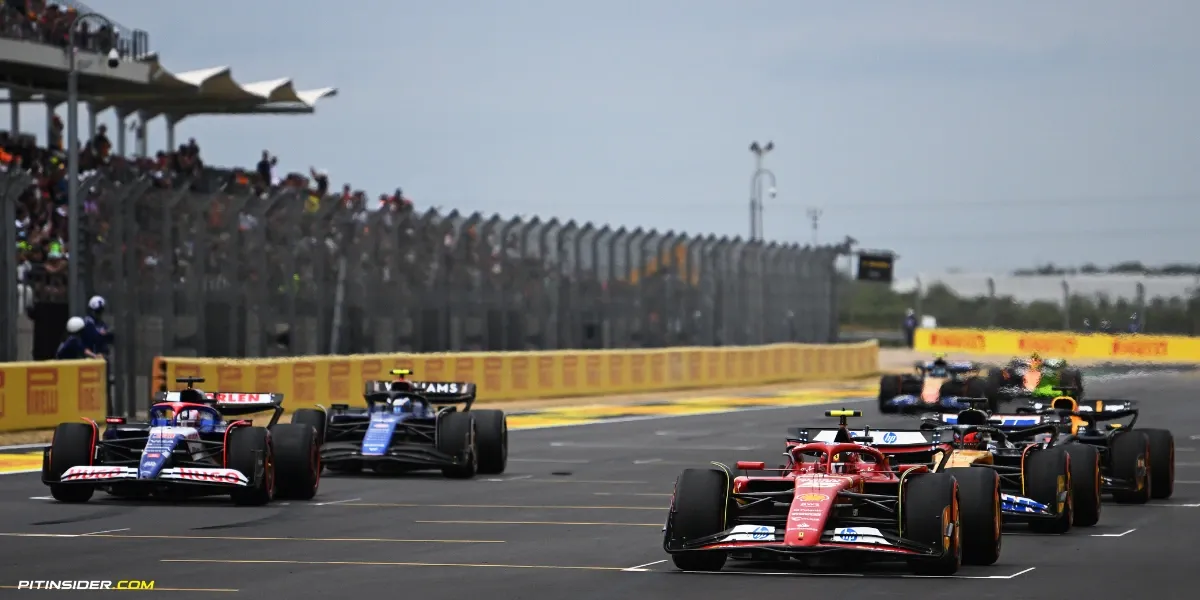
FIA working group explores dramatic reversal of hybrid path as manufacturers show "lukewarm" response to planned regulations
Formula 1's upcoming 2026 regulations could be dramatically shelved in favor of a return to V10 engines by 2028, according to a bombshell report from Germany's Auto Motor und Sport.
The potential regulatory U-turn comes just months after it was revealed that the FIA has established a working group to explore bringing back V10 engines, which last featured in the sport in 2005.
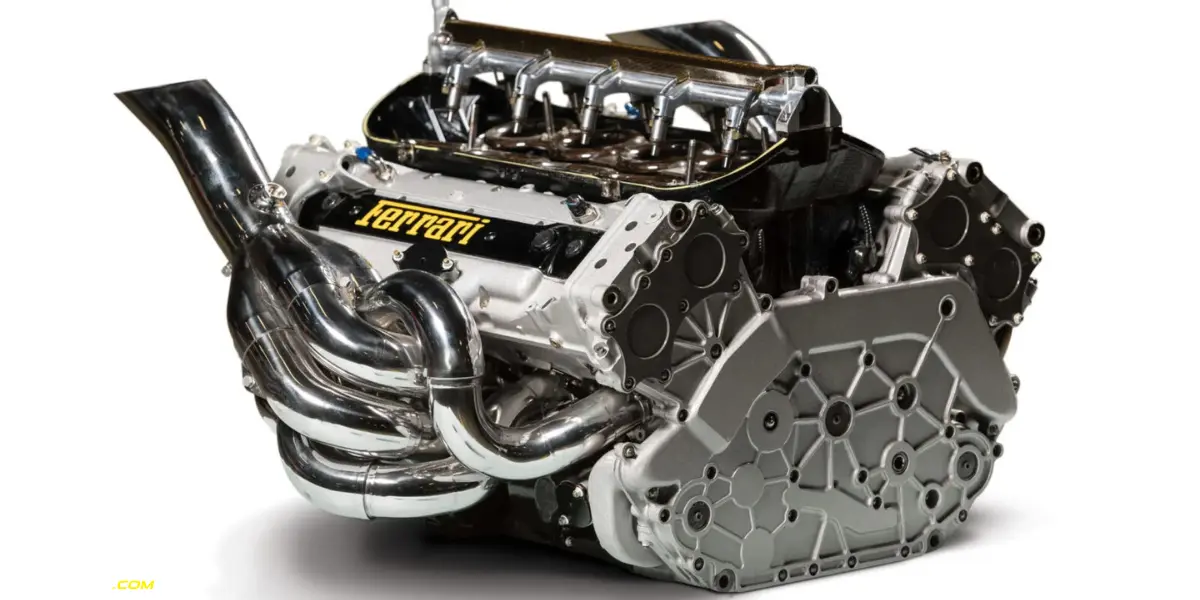
Two scenarios under consideration
The report outlines two possible approaches being discussed among F1 stakeholders.
Full 2026 Regulation Abandonment: The most radical option would see the planned 2026 regulations completely abandoned, with current rules extended through 2027 before introducing V10 engines on sustainable fuels in 2028.
Shortened Hybrid Era: Alternatively, F1 could implement the 2026 regulations as scheduled but keep them for only three years instead of five, still enabling a V10 return by 2028.
This dramatic shift would represent a fundamental change in F1's technical direction.
The 2026 rules, currently being developed, feature 50 percent electrification, fully sustainable fuels, and active aerodynamics.
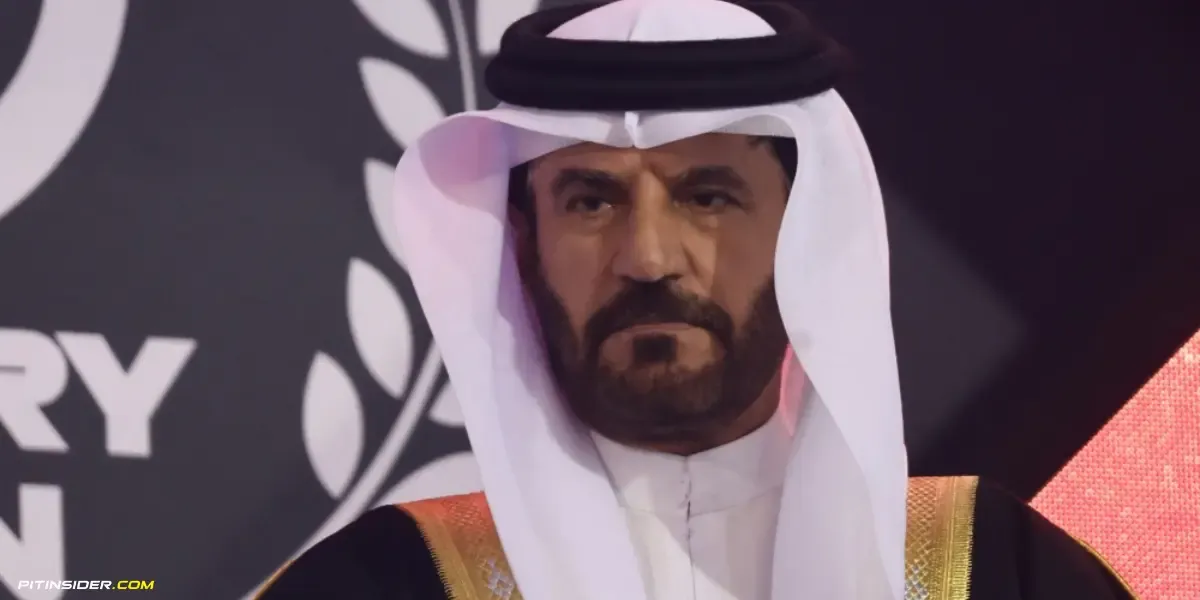
Political tensions emerging
The situation appears increasingly politically charged. Some believe FIA President Mohammed Ben Sulayem's enthusiasm for V10 engines could be an attempt to deflect potential blame if the 2026 regulations prove disappointing.
Others suggest the move might benefit the incoming Cadillac F1 team, which has committed to producing its own engines by 2028.
A V10 platform would present a more straightforward engineering challenge for newcomers compared to the complex hybrid systems.
"The manufacturers who are putting the most pressure on [to drop the new rules] are those who already know that they are behind schedule with their 2026 engine," one unnamed insider told Auto Motor und Sport.
Practical challenges mounting
Any change would require approval through the F1 Commission, including all teams and power unit manufacturers.
This seems highly unlikely given the resources already committed to 2026 development.
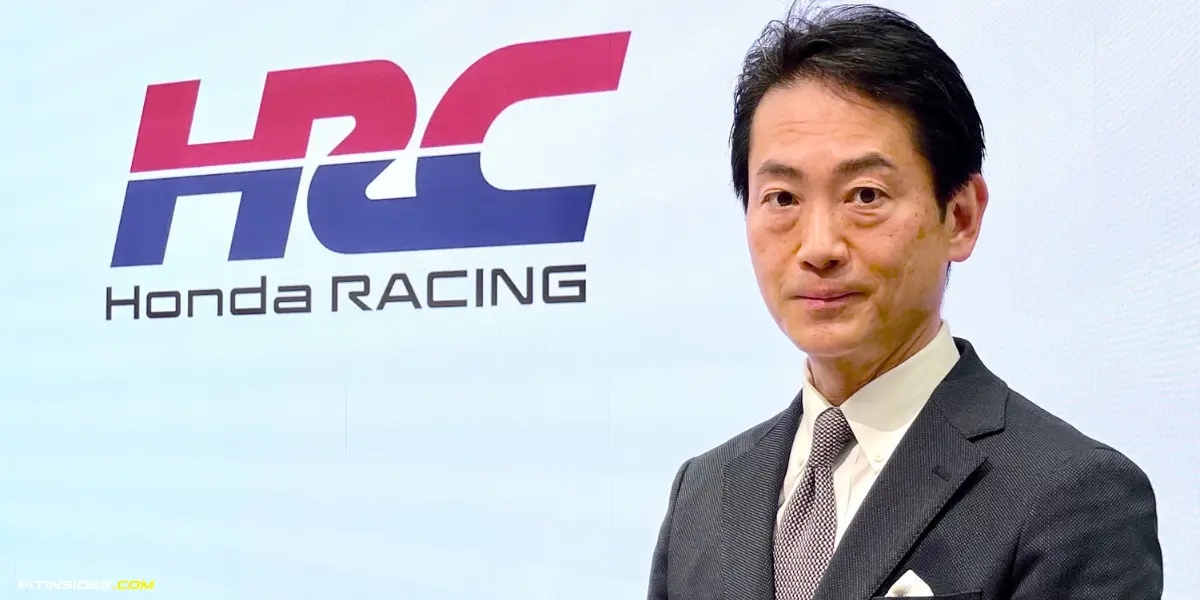
Honda Racing Corporation president Koji Watanabe recently admitted the Japanese manufacturer is "struggling" with the "very difficult" challenges of the new engine regulations as they prepare to partner with Aston Martin.
Such a dramatic reversal would create significant complications for Red Bull Powertrains, currently developing their 2026 power unit with Ford, and for Audi F1, who have based their entire entry strategy around the new regulations.
Simpler technology, smaller cars
Proponents argue V10 engines would be cheaper and simpler than current hybrid power units, potentially allowing for smaller and lighter cars.
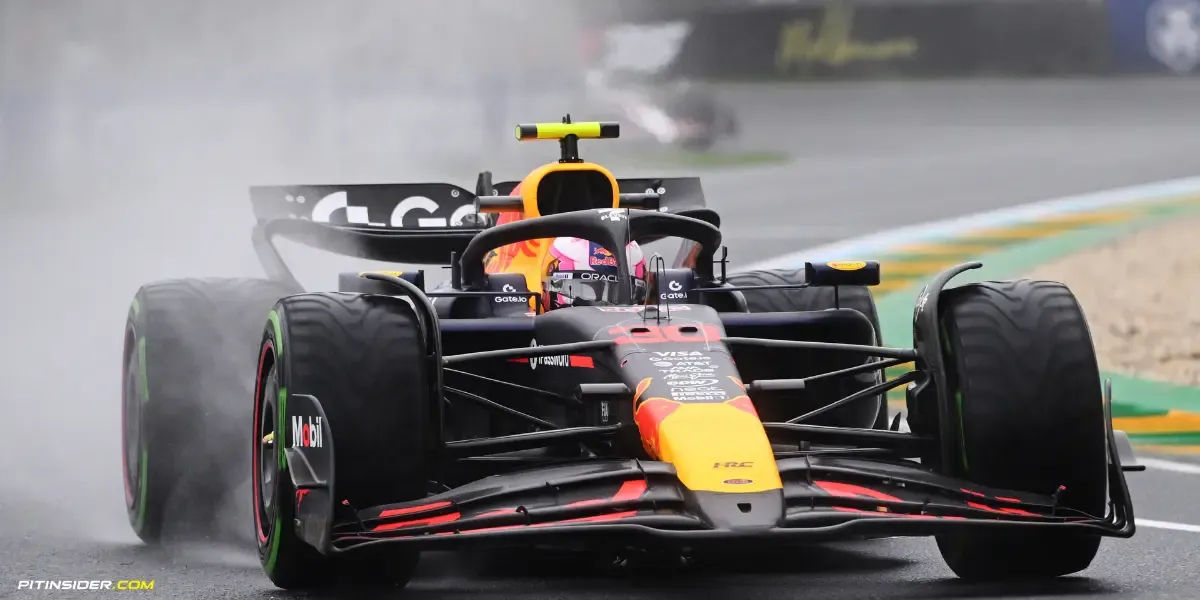
This addresses growing concerns about the increasing size and weight of modern F1 machinery.
A V10 return could also reduce F1's dependency on major manufacturers by enabling private suppliers like Cosworth to produce competitive engines, providing insurance against potential manufacturer withdrawals.
For now, the established timeline remains unchanged, with 2025 set as the final year of current regulations before the scheduled introduction of new chassis and engine rules in 2026




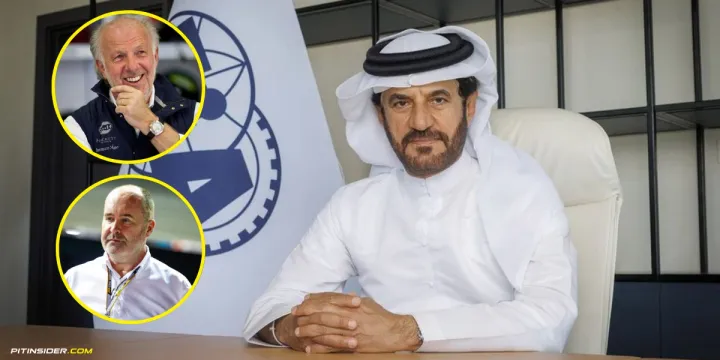
Comments ()